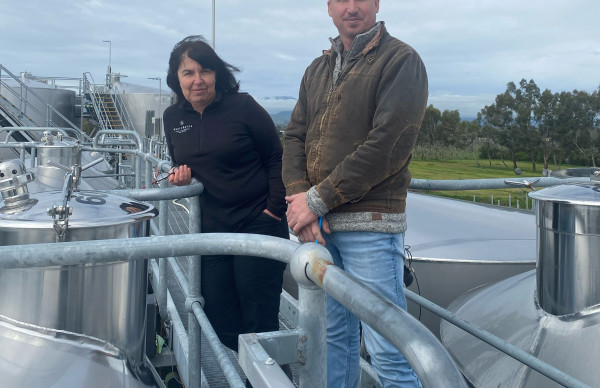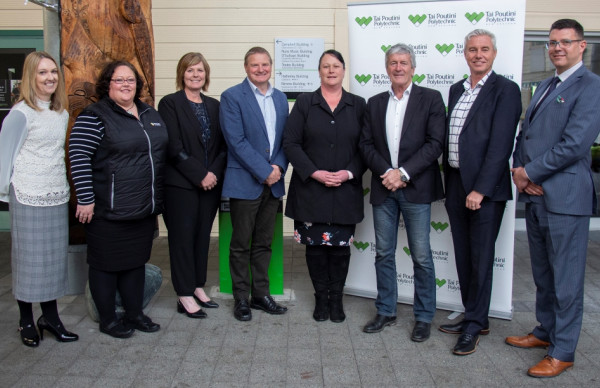Certificate in Effluent Management Planning
Overview
Cost (incl GST)
$586.50
Length
Two day workshop
Qualification
Certificate in Effluent Management Planning
Prerequisites
Learners must be employed in the sector and with a minimum 2 years’ farming experience. Must manage day-to-day effluent application.
Summary
This programme includes an interactive 2-day workshop where learners will gain the skills to:
- effectively evaluate an effluent system
- understand the legal requirements
- improve management techniques to create a plan
- manage the effluent systems.
Topics covered
- Resource consents – understanding the Resource Management Act 1991, regional plans and resource consents
- Understanding soils – soil formation, properties types and structures, biological properties and knowledge to influence organic matter and C:N ratios, impact of systems on soils
- Nutrient management – nutrient budgets, OVERSEER, options for managing potassium, tools to improve nutrient use on farm
- Effluent system evaluation – choosing the right system, understanding different treatment systems, designing an effluent system, health and safety design features
- Effluent management plans – understanding how to design an effluent management plan including record keeping, training, equipment maintenance, application mapping and contingency planning.

Growing up in Bulgaria in a region where winemaking has been a way of life for hundreds of years introduced Marlborough winemaker Diana Katardzhieva to her lifelong career.

With 41 dedicated dairy experts across the motu, Primary ITO’s people are dedicated to getting on every farm – wherever learners need them.

Ahuwhenua Young Māori Farmer of the year winner Quinn Morgan almost gave up on finding a job in Aotearoa in 2020 and was headed back to Australia to live with his young whānau when he landed a job on a dairy farm.

An innovative West Coast education initiative aims to get more agriculture learners in jobs more quickly by giving them better training options.
